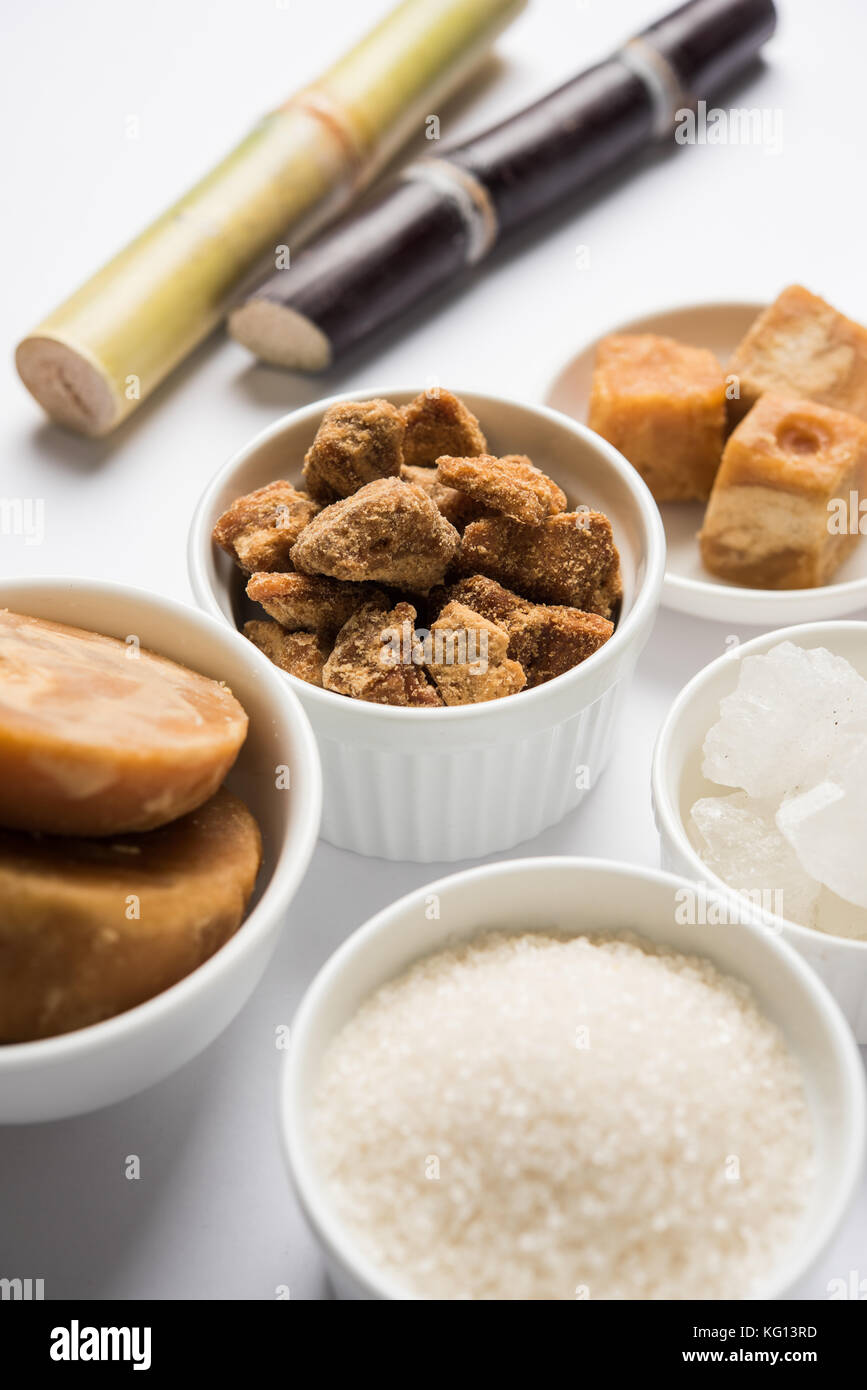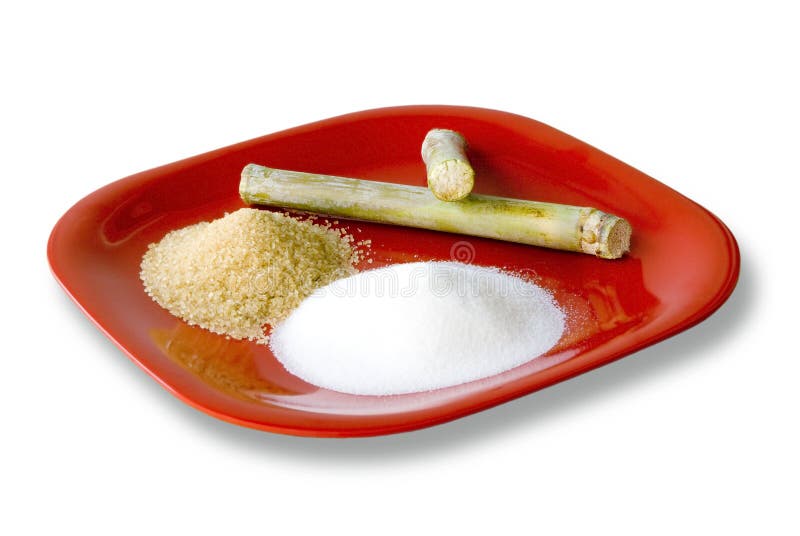Lasting Sugarcane Products: From Sweeteners to Eco-Friendly Item
The potential of lasting sugarcane products expands beyond traditional sweeteners to include a range of environment-friendly products, presenting an engaging situation for their integration right into contemporary customer methods. As the globe grapples with pressing environmental problems, sugarcane arises as a functional resource capable of dealing with both nutritional needs and sustainability objectives.
Summary of Sugarcane Sustainability
As the demand for eco friendly items grows, comprehending sugarcane sustainability ends up being increasingly vital. Sugarcane, a functional crop, is cultivated primarily in tropical and subtropical areas, and its sustainability is essential for both environmental wellness and financial feasibility. Lasting sugarcane farming techniques focus on lessening eco-friendly impact while maximizing productivity and earnings.
Trick aspects of sugarcane sustainability include effective land use, lowered chemical input, and enhanced water management. Practices such as plant rotation, incorporated bug monitoring, and natural fertilization add to dirt wellness and biodiversity. Additionally, ingenious modern technologies, such as accuracy farming, aid optimize source use and minimize waste.
Furthermore, sugarcane is a sustainable resource, with spin-offs that can be used in various industries, from biofuels to naturally degradable plastics, thus lowering dependence on nonrenewable fuel sources and diminishing carbon impacts. Qualifications like the Bonsucro conventional motivate lasting techniques across the supply chain, advertising transparency and liability.

Sugarcane-Based Sugar
Using sugarcane as a primary source, sugarcane-based sweeteners have gotten importance as natural choices to artificial sugar and polished sugars (sugarcane product). These sugar, acquired from the removal and handling of sugarcane juice, offer a series of products that satisfy diverse consumer choices, including natural and minimally refined alternatives
Raw walking stick sugar retains even more of the all-natural tastes and nutrients located in sugarcane, making it a favored choice for health-conscious consumers. Panela, a conventional Latin American sugar, is generated by evaporating sugarcane juice, protecting its natural minerals and vitamins.
The expanding need for sugarcane-based sweeteners is driven by boosting recognition of health and wellness and sustainability concerns related to traditional sugar. By choosing sugarcane-derived products, consumers not only sustain lasting farming techniques yet additionally add to a healthier way of living, aligning their dietary selections with their environmental values.
Naturally Degradable Packaging Solutions
Arising as a viable option to conventional plastics, biodegradable packaging options obtained from sugarcane are transforming the packaging industry. These innovative materials offer an eco-friendly choice that resolves the expanding concerns over plastic pollution. Using the natural sugars discovered in sugarcane, makers are creating numerous forms of naturally degradable packaging, including films, containers, and wraps that decompose much more quickly than standard plastics.
The key advantages of sugarcane-based packaging hinge on its renewable sourcing and its capability to break down into safe by-products. Unlike fossil fuel-derived plastics, which can linger in the setting for hundreds of years, sugarcane packaging generally disintegrates within a few months under proper problems. This reduction in waste not just mitigates landfill overflow but also decreases the carbon footprint linked with packaging materials.
Additionally, sugarcane-derived product packaging keeps durable performance characteristics, providing similar durability and capability to standard choices. As consumers and businesses progressively prioritize sustainability, the fostering of eco-friendly product packaging services represents a significant action towards a circular economic climate, where products are reused and regrowed instead of disposed of. This shift not just enhances brand image link but also adds to a much more lasting future for the world.
Eco-Friendly Textiles and Fabrics
Eco-friendly textiles and materials are obtaining grip in the fashion and home products sectors as consumers progressively require sustainable alternatives to conventional products. Among the remarkable choices are fabrics originated from sugarcane, which supply an ecologically liable alternative to synthetic fibers. These textiles are created with a process that makes use of the sustainable sources found in sugarcane, considerably minimizing reliance on petroleum-based materials.

As the market for lasting fabrics broadens, customers can look ahead to ingenious designs that integrate design with eco-friendly responsibility. Eventually, environmentally friendly fabrics and textiles represent a significant action towards reducing the fashion sector's environmental impact while catering to the expanding need for responsible consumer choices.
Technologies in Sustainable Farming
Reinventing farming methods, innovations in sustainable farming are transforming the method plants are grown and managed. These advancements focus on lessening environmental impact while making the most of effectiveness and efficiency. Methods such as precision farming make use of browse around here data analytics and satellite images to optimize resource use, making sure that water, fertilizers, and pesticides are used only where needed. This targeted method not only minimizes waste but likewise boosts plant yields.

Moreover, agroecology, which integrates ecological concepts into farming, advertises biodiversity and dirt health. Practices such as plant turning, cover chopping, and intercropping foster resilient environments that can hold up against bugs and climate variants - sugarcane product. Additionally, making use of natural fertilizers and biopesticides adds to much healthier soils and ecosystems

Together, these innovations are not only improving the farming landscape however additionally adding to a more sustainable future for sugarcane and other crops, straightening farming exercise with environmental stewardship.
Conclusion
Lasting sugarcane products represent a considerable innovation in green options, spanning from natural sweeteners to biodegradable items. The growing of sugarcane through sustainable practices not just enhances environmental health yet also adds to economic feasibility. As customer choices significantly lean in the direction of sustainable options, the flexibility of sugarcane as a renewable source ends up being significantly pertinent. This trajectory highlights the value of continued development and commitment to lasting practices within the sugarcane sector, cultivating a more sustainable future.
The possibility of sustainable sugarcane products prolongs beyond traditional sugar to encompass a range of eco-friendly products, presenting an engaging instance for review their assimilation into modern-day consumer techniques. Sustainable sugarcane farming methods focus on minimizing eco-friendly influence while making the most of efficiency and success.
Sustainable sugarcane products stand for a substantial advancement in environmentally friendly alternatives, spanning from all-natural sweeteners to biodegradable items. The farming of sugarcane through sustainable practices not just boosts ecological health however additionally contributes to economic stability. As customer preferences significantly lean towards lasting options, the flexibility of sugarcane as a sustainable resource ends up being progressively relevant.